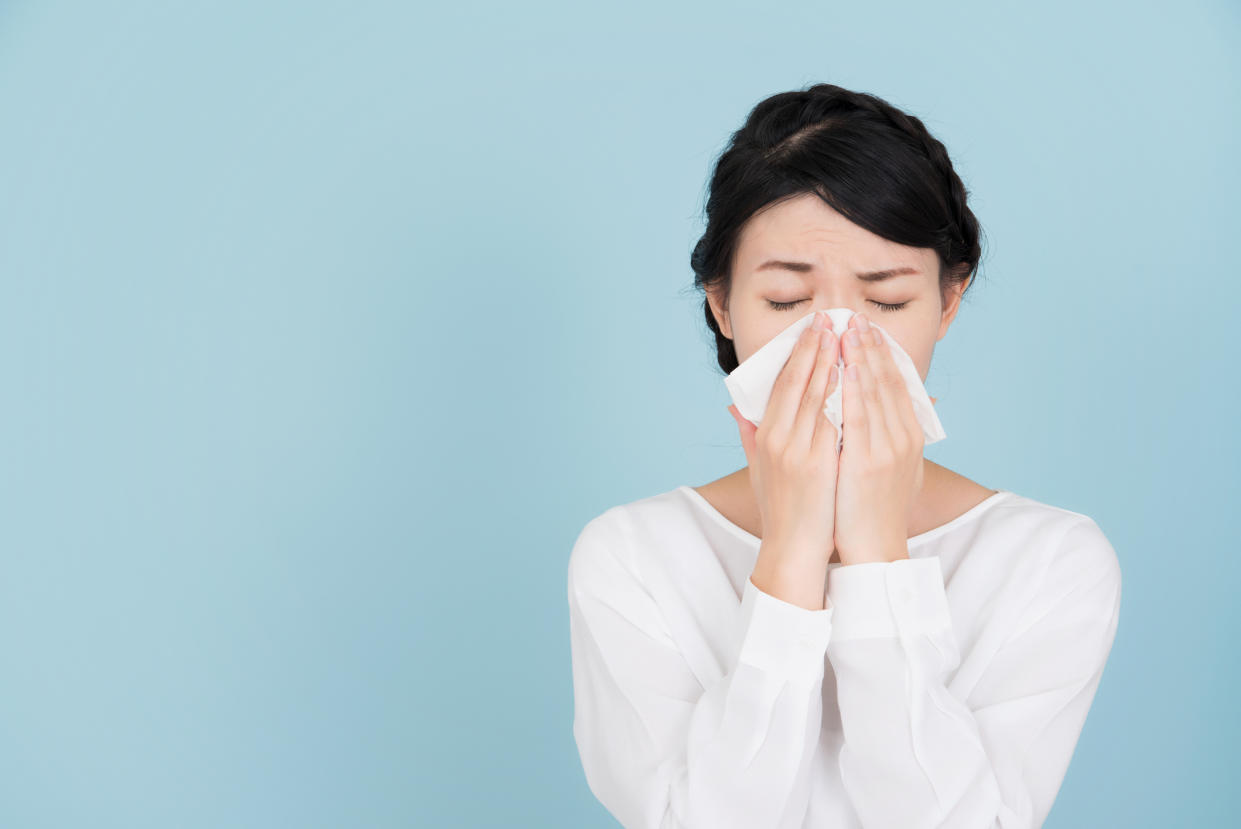How bad will the flu season be? It depends who you are, doctors say

The year might be drawing to a close, but flu season is just getting started.
The BC Centre for Disease Control (BCCDC) suggests people get vaccinated as soon as possible if they haven’t already, with influenza activity expected to heighten as the holidays get into full swing.
Young kids are especially at risk of getting sick.
“We’re starting to see ramp-up in our indicators, predominantly H1N1 activity,” says Dr. Danuta Skowronski, BCCDC’s epidemiology lead of influenza and emerging respiratory pathogens. “For people who may have been putting off getting vaccinated, don’t delay any further. It takes about two weeks to mount an effective antibody response following vaccination. With the holiday season, the clock is ticking there.
“Generally, when you see a ramp-up, it does not recede until you get past the peak,” she adds. “It is coinciding with the festive period and may be further amplified with all the social mixing that goes on especially with children, parents, aunts, uncles and so on.”
ALSO SEE: Do you have the flu or something worse? Here’s how to tell
Of influenza A strains detected to date, H1N1 virus accounts for about 80 to 85 per cent of cases, with the remainder being H3N2.
H1N1, unlike H3N2 viruses, disproportionally affects children under 10 years of age, Skowronski says.
In B.C., for example, about one-third of H1N1 cases so far are in kids under 10 — even though they only make up approximately 10 per cent of the province’s population.
Conversely, three-quarters of H3N2 detections to date have been in the elderly.
“The elderly seem to have some inherent protection against H1N1,” Skowronski notes.
Across Canada, the majority of flu-related lab confirmations and hospitalizations have been among individuals aged 65 and under, according to the Government of Canada’s FluWatch.
While healthy children will fully recover from the flu, the respiratory illness can be dangerous or even deadly in kids with underlying medical conditions. Having the flu also puts people at risk of other infections, including viral or bacterial pneumonia.
“Kids with heart or lung conditions or conditions that may compromise their immune systems like cancer have a harder time clearing the virus, and I wouldn’t want to risk that,” Skowronski says. “High-risk children and people with high-risk conditions of any age should get protection and their close contacts should also get protection to build a wall of immunity around them.”
The effectiveness of this season’s vaccination won’t likely be known until the New Year, but Skowronski is expecting better protection than in some years past.
ALSO SEE: What’s the difference between a cold and flu?
“In general, the vaccine works better against H1N1 viruses,” she says.
According to FluWatch, flu symptoms include the sudden onset of fever, cough, and muscle aches. People may also have headache, chills, fatigue, loss of appetite, sore throat, and runny or stuffy nose. Some people, especially kids, may also experience diarrhea or nausea and vomiting.
People should see a health-care provider promptly if they have shortness of breath, rapid breathing, or difficulty breathing; chest pain; bluish or grey skin; bloody mucous; sudden dizziness or confusion; or severe or persistent vomiting.
To prevent contracting the flu, health professionals urge people to wash hands frequently and to avoid bringing your hand to your eyes, nose, or mouth, which are entry portals for viruses and germs.
“If you are sick with fever, cough, or illness, given that it’s going to coincide with holiday period, stay home from the party,” Skowronski says. “You don’t want to regift influenza.”
Let us know what you think by commenting below and tweeting @YahooStyleCA!
Follow us on Twitter and Instagram.
Check out Yahoo Canada’s podcast, Make It Reign — our hot takes on all things royals in a non-stuffy way — on Apple Podcasts and Google Podcasts.



